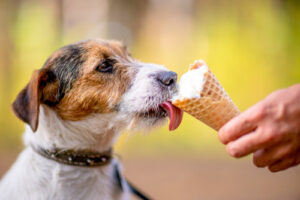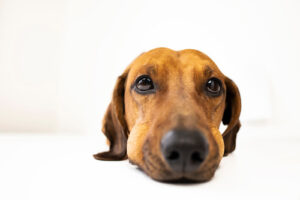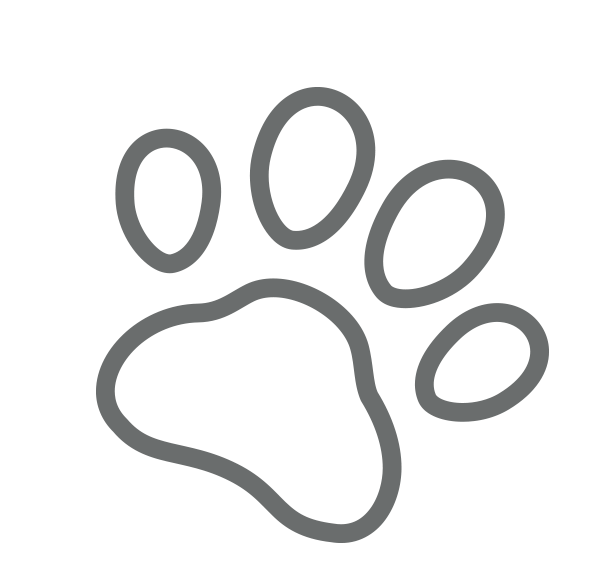If you own a cat, you may have noticed that they sometimes drool. While this may be normal behavior for some cats, it can also be a sign of a health issue in others. If you notice your cat drooling more than usual, it’s important to take them to the vet to rule out any potential problems.
There are many reasons why your cat may be drooling, including excitement, stress, heat, nausea, infection, disease, and pain. If your cat is drooling excessively, it is important to take them to the vet for a check-up. Read on to learn more!
What Causes Excessive Cat Drooling?
While cat drooling is typically a sign of happiness and other emotional excitement, sometimes it can be an indication that something is wrong with your cat. Here is a list of the following reasons your cat may be drooling:
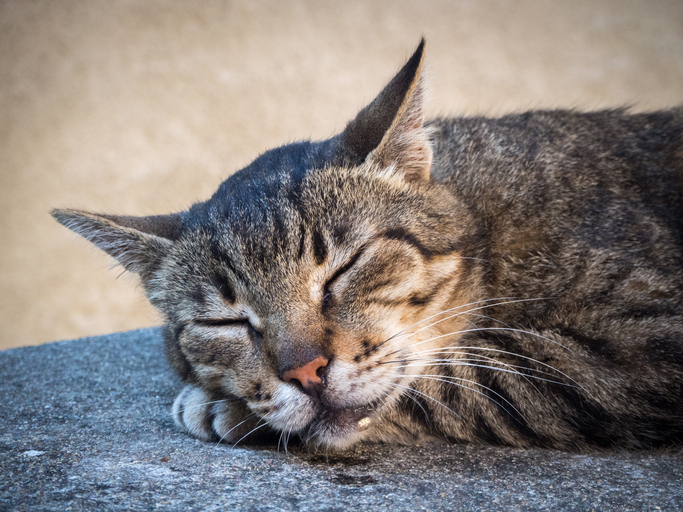
Anxiety, Fear, or Stress
Anxiety is a common cause of drooling in cats. Cats that are anxious will drool because they are trying to relieve the stress or fear they are feeling.
Fear is also a common cause of drooling and it can be caused by many things, including being startled or seeing something frightening. For example, if your cat sees a dog across the street, she might start drooling as she feels fear and anxiety.
Stress is another reason that may be causing this behavior in your cat. If your cat has been stressed for a while, he may start showing physical symptoms like drooling.
Oral Diseases
Excessive drooling in cats can be a symptom of a number of different dental conditions. The most common reasons are gum disease, tooth decay, and dental abscesses.
Mouth Injury
A mouth injury is a type of traumatic injury that can occur to the mouth, lips, tongue, or jaw. The injury usually occurs during a fall or accident. A cat may suffer from a mouth injury if it has been in an accident with another animal or if it has been bitten by another animal. A cat may also have a mouth injury if it is hit by an object like a car bumper.
Thirst and Dehydration
Drooling is common among cats when they are thirsty. Be sure to give them fresh water regularly and often. In order to stay hydrated, cats drink one ounce of water for every pound of their body weight each day. Checking their gums is an important way to make sure they are hydrated and drinking as much water as they should be.
Allergies
Cats are prone to allergies and they are also very sensitive to environmental factors. If you notice that your cat is drooling more than usual, it could be a sign of an allergy. Allergies can be triggered by food but are also commonly caused by grass, pollen, mold, and smoke.
Upper Respiratory Infections
Feline respiratory infections are pretty common and can be a cause as to why your cat is drooling. If your cat is suffering from upper respiratory infections, these are the first signs you should watch for:
- Is sneezing vigorously, especially when lying down and it is hard to determine if they are sneezing out of their nose or mouth
- Has a persistent cough, no matter what position they are in
- Gets nasal discharge that appears white or yellowish in color
Painful Mouth Ulcers
Many people don’t realize that their cats could have painful mouth ulcers. In most cases, cats do not display symptoms of this condition. There are a number of reasons why cats develop mouth ulcers, but the most common are dental disease, allergies, or medication reactions. Cats with painful mouth ulcers may drool excessively and act unusually hungry.
Cancer
Cats can get cancer, just like humans. However, there are not many studies on feline cancers, so it is difficult to know what all the signs and symptoms are. There are several types of feline cancer, including lymphoma, testicular cancer, and liver cancer. If your cat is drooling excessively and seems to be in pain, it could be due to specific cancers of the throat, mouth, or nose.
Other Underlying Medical Problems
Cats may drool if they are not feeling well. Some cats may drool due to a medical condition such as hyperthyroidism, diabetes, or some other type of illness. More serious conditions that can be associated with are neurological diseases, kidney failure, or endocrine disorders. If your cat is also spitting up food or has difficulty breathing, then you should contact your vet.
Conclusion
While it might seem strange, drooling can be a common behavior in cats, but it is also important to monitor how often they drool. In fact, there are a number of reasons your cat may be drooling, but in most cases, it’s nothing to worry about and simply means they’re happy. However, if your cat is drooling excessively, it could be a sign of a more serious health problem and you should take them to the vet for further evaluation.
If you have any questions about your cat’s health, please call us at (303) 424-4439 or schedule an appointment with us online!

